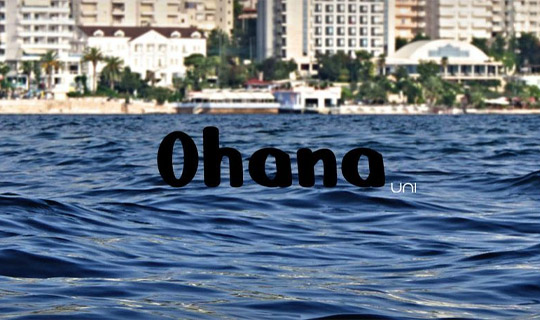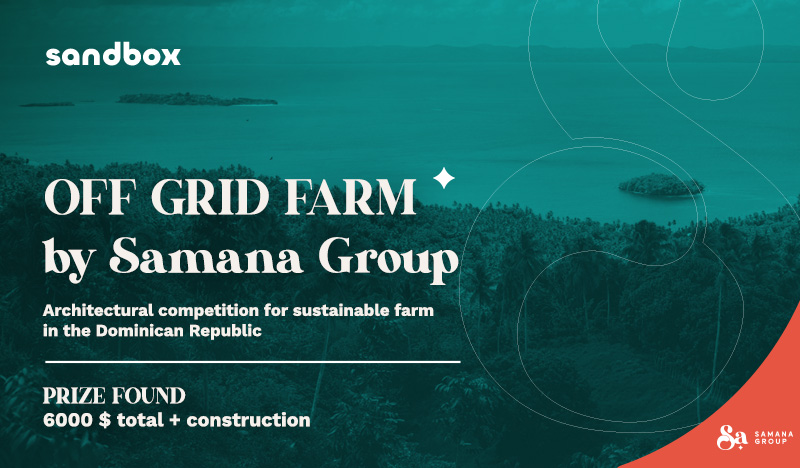Submission: April 12, 2022
Registration: April 11, 2022
Language: English
Location: Lisbon, Portugal
Prizes: Please see the details below
Type: Open
Over the next 20-30 years, the gradual warming of Earth will create catastrophic patterns of extreme weather, melting polar ice caps and rising sea levels. The oceans are rising at an accelerated rate posing an immediate threat of flooding to coastal regions. Can large-scale collective action help in fighting the effects of climate change?
Climate change is here. It is real now, more than ever. There was a time when this was posed as a theoretical threat but over the course of a few years, its impact and tangible effects can be seen in different regions all over the globe.
Climate change is a complex and daunting challenge. There is evidence that proves that there is a fundamental change in people’s ideologies acknowledging this phenomenon and its urgency. Even though we are undertaking tackling measures, the speed and scale are insufficient to protect vulnerable communities from nature’s backlash.
Brief
The challenge is to design a waterfront neighbourhood to be flood resilient in the event of a water level rise. The neighbourhood will be built on an at-risk site in a coastal city. The design must be an ideal form of construction that can be replicated in regions with similar issues. The design must respect the existing site features and topography.
The focus is to mitigate flooding through design and planning, not just depending on engineering solutions. The landscaping and design measures that are passive and natural are to be employed in the proposal. The floodways along the water edges can be barricaded with interventions.
Strategies implemented must cause minimal built infrastructure damage and displacement. The coastal community will be living in a modest manner so interventions must be economical and sustainable by improving building performance with reduced energy and wastage.
Programmatic outline
The neighbourhood is to be built with 100 dwelling units. Strategies can be proposed on the individual dwelling unit level and the neighbourhood level.
The following programmatic outline is the point to begin your design at. You can add more functions and activities in relevance or modify the below design programme.
- Housing: Build variants of 100 dwelling units with bathroom, sleeping and kitchen areas (2 types: 30 sqm and 60 sqm each)
- Economical: community gardens, local markets, retail shops
- Social: Squares, courtyards, gardens, play area for kids
Water resistance should be to the point where a slight sea-level rise may flood the neighbourhood gradually. So, strategies must be in response to this scenario where the community itself can become an efficient drainage mechanism before letting the flooding enter into the city. The flood prevention must come at a minimal cost to the water neighbourhood itself.
Schedule
Regular registration starts – 08 November 2021, 4:00 PM GMT+01:00
Public voting starts – 08 November 2021, 4:00 PM GMT+01:00
Regular registration ends – 11 April 2022, 5:00 PM GMT+02:00
Submission ends – 12 April 2022, 5:00 PM GMT+02:00
Shortlisted entries announced – 27 April 2022, 5:00 PM GMT+02:00
Jury evaluation starts starts – 03 May 2022, 5:00 PM GMT+02:00
Jury evaluation starts ends – 27 May 2022, 5:00 PM GMT+02:00
Public voting ends – 28 May 2022, 5:00 PM GMT+02:00
Result announcement – 09 June 2022, 5:00 PM GMT+02:00
Awards
Winner
6000 USD Cash+Crafted Trophy & certificate + UNI Year Book Copy + UNI Merchandise + Insignia + Opportunity to associate with UNI as a curator
Runner – Up
6 x 1400 USD Cash+Crafted Trophy & certificate + UNI Year Book Copy + UNI Merchandise+Insignia
People’s Choice
4 x 600 USD Cash+Crafted certificate + Insignia
Honorable Mention
12 x 600 USD Cash+Crafted certificate + Insignia
Eligibility
- The minimum eligible age for participation is 18 years.
- The competitions are open worldwide for designers from any discipline.
- You can participate as an individual or as a team of a maximum of 4 members.
- All students and professionals can participate in the competitions.
- For Students: A student is someone who is currently enrolled in a full-time graduate/undergraduate program at a university anywhere in the world on the date of registration. We will need proof of identity upon the result declaration. The proof of identity should clearly state that you were enrolled in the institution at the time of registration. You may also produce a bonafide/authorized certificate from the institution as proof of identity. Students are allowed to involve one mentor/professor/guide in their team provided the mentor has been authorized via a bonafide certificate of the University.
- All the participants who do not belong to the student category will be considered professionals by default. Ph.D. candidates will also be considered professionals.
- Institutional access is a program for students only if they are participating in the competition as a group of 20 people and want to submit 5-20 entries together. Institutional access has to be done under the guidance of a mentor/professor.
- A team with even one professional will be considered as a professional entry.
The prize pool is dependent on the total number of registrations received. Please check the awards and fees section to learn more about it. There will be a total of 100 (20%) entries that will be shortlisted for the final awards. All the shortlisted entries will be entitled to e-certificates. You can now join UNI membership and participate in the ongoing challenges without paying any additional fee. With UNI Membership you can register in any competition on UNI throughout the year for free. Learn More about UNI Membership.








